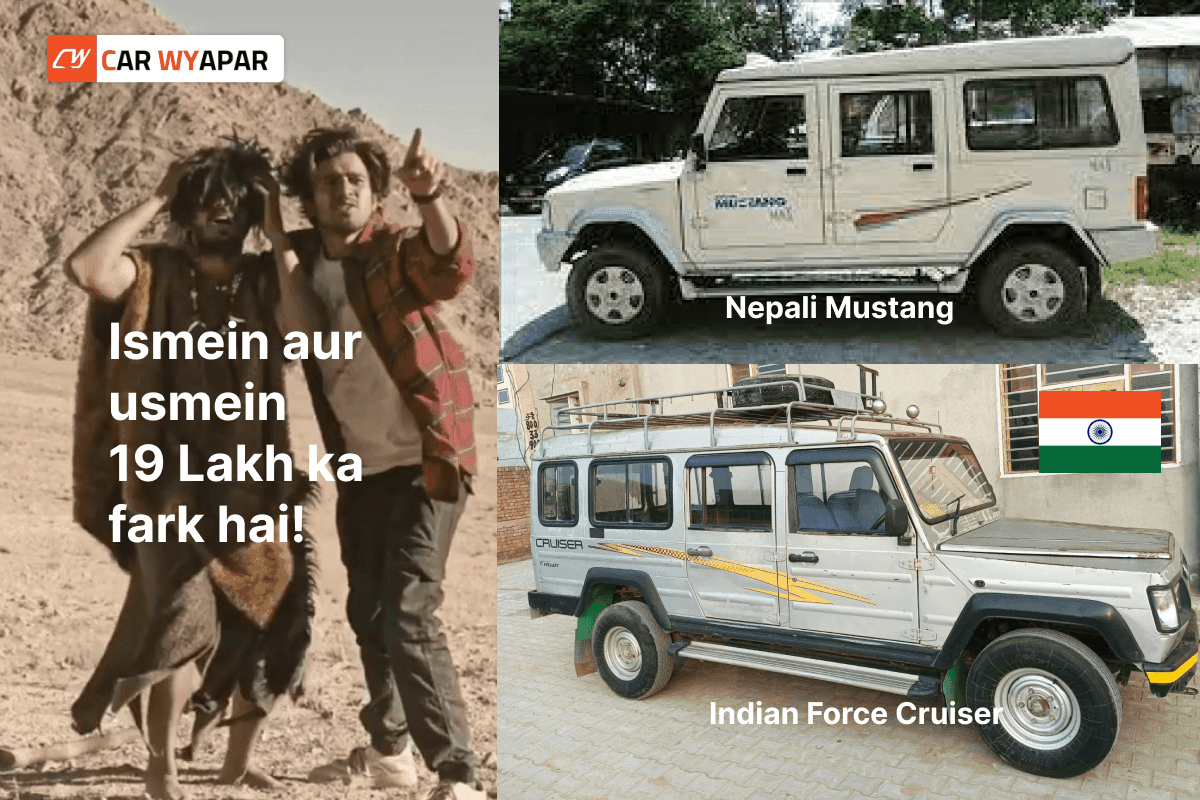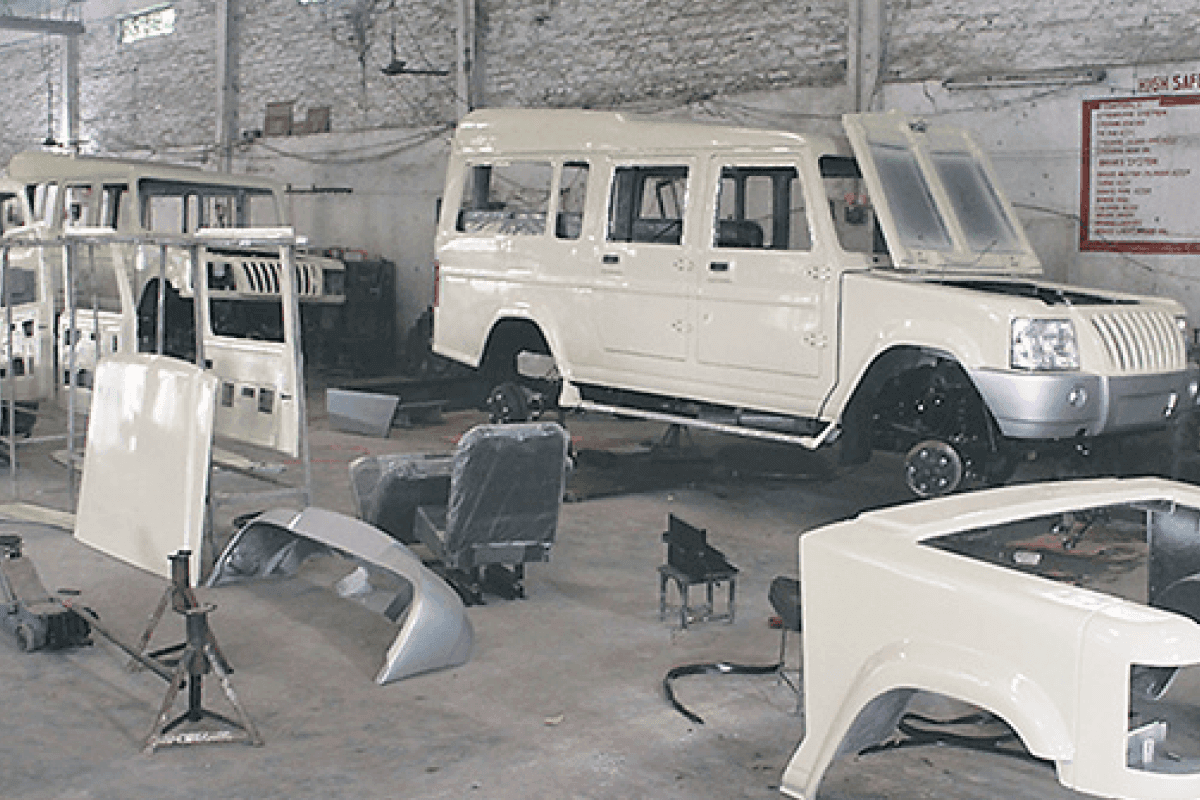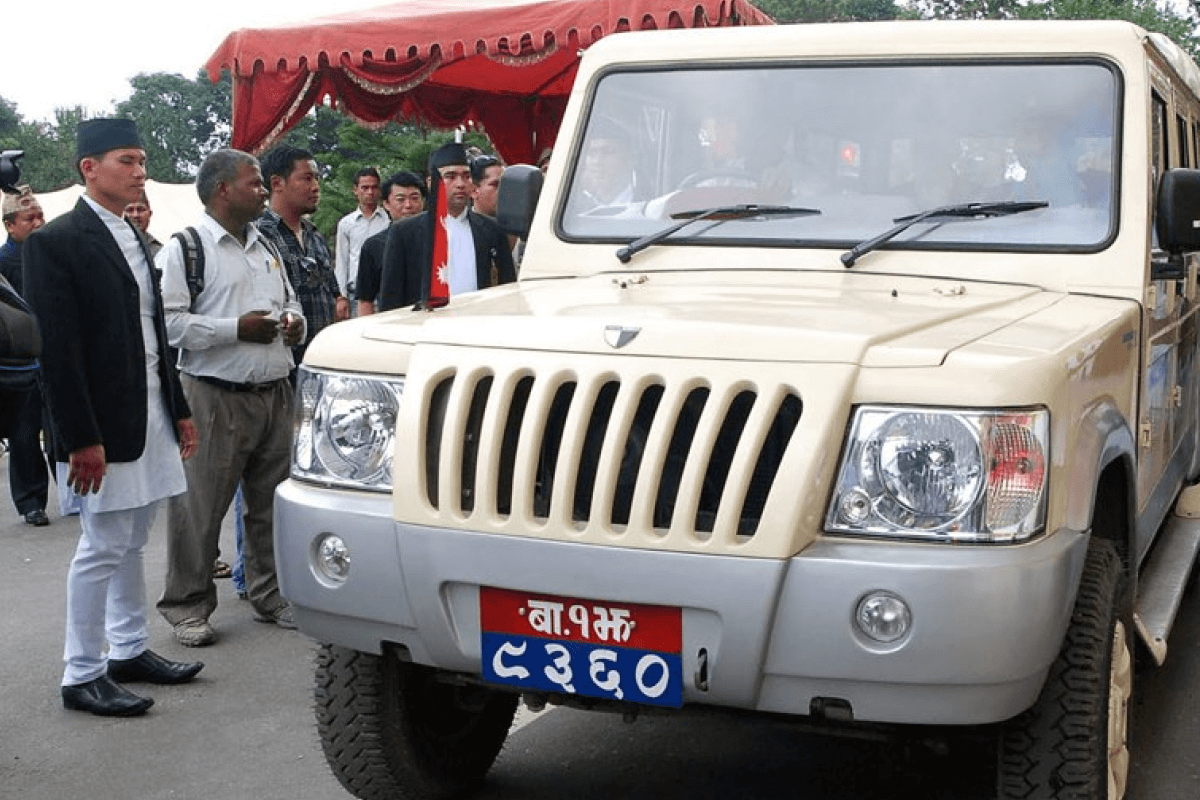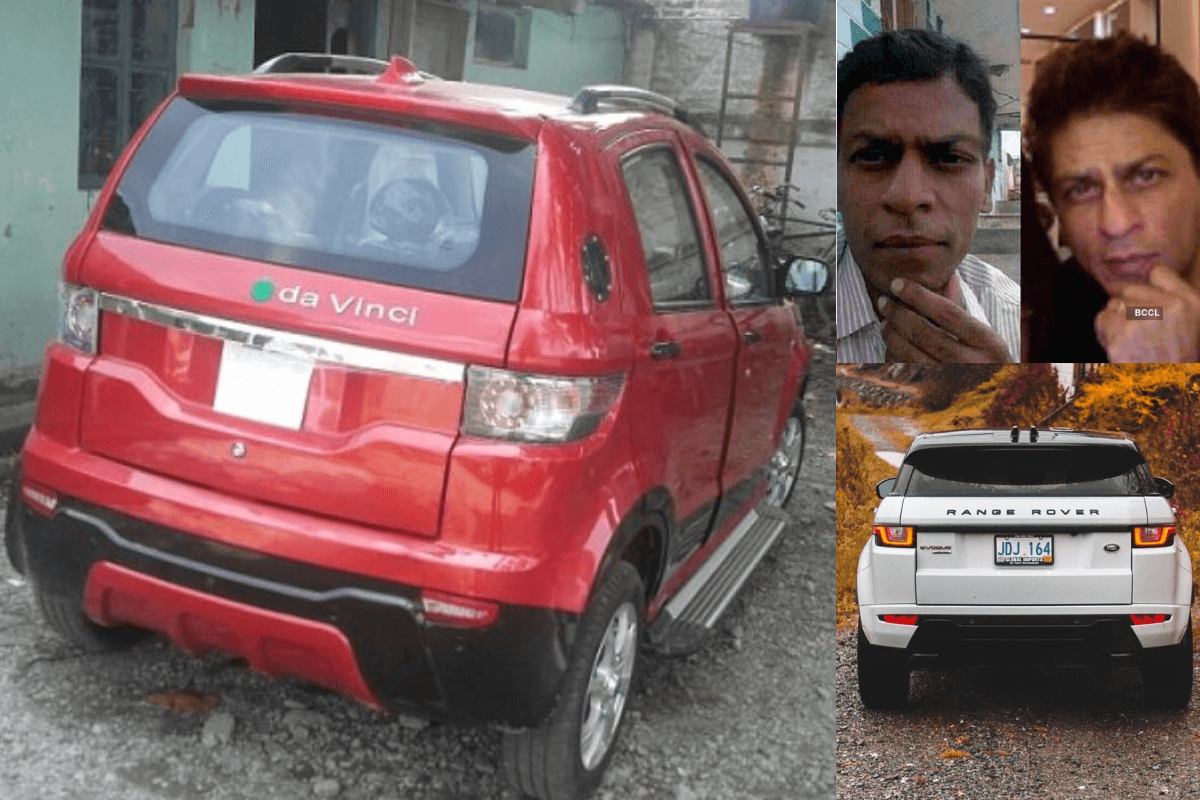Once Nepal Had Its Own Automaker: The Rise, Fall, and Revival of Hulas Motors
Published On 11/1/2025, 8:10:15 pm Author Nitesh YadavIndia’s neighbor Nepal once dreamed of ‘Made in Nepal’ cars with Hulas Motors. Now, it’s assembling ‘Made in China’ budget knockoffs. Let's read this interesting story!

Nepal, a small country nestled between India and China, has long struggled to establish itself as a technologically advanced nation. While countries of similar size, like Sri Lanka and Bangladesh, are doing well and exporting goods, Nepal has faced challenges in industrial growth. Its manufacturing sector has been slow to develop. However, in the 1990s, the Golchha Organization, a large conglomerate, made a bold move. They entered the manufacturing industry, hoping to boost Nepal's economy. This led to the birth of Hulas Motors.

Hulas Motors wasn’t really a full-fledged car manufacturer. Instead, it operated more like a body shop, much like the HM Ambassador plant—assembling parts rather than making anything from scratch. Hulas imported components, put them together, and sold them as "Made in Nepal." Now, comparing Hulas’ Mustang model to the iconic Ford Mustang? Well, that’s like comparing a tricycle to a Ferrari. Even the Hindustan Motors Ambassador, which first rolled out in the 1950s in India, had better fit and finish.
America produced the Mustang. Nepal, too, produced a Mustang. But let’s be honest—there’s a hell and heaven difference between the two. Imagine a Nepali guy with a Hulas Mustang trying to impress a girl.
"I have a Mustang," he says.
Oh god! This reminds me of that line from Run: "Choti ganga bol ke naale mein kuda dihis."
Jokes apart, the Golchha Organization, one of Nepal's largest conglomerates, has been one of the few companies truly striving in the automotive sector. But when it comes to Hulas Motors and its Mustang, the results are... well, less than stellar. Despite being the only conglomerate pushing forward in Nepal’s automotive sector, this is what it managed with the Hulas Mustang.
Hulas Mustang: The Nepali PM's ride
The Hulas Mustang, a model that went through several iterations, was marketed as a utility vehicle in Nepal. However, when we talk about specifications, it’s far from the powerhouses that the Mustang name would typically bring to mind. The most notable variant was the Hulas Mustang Max, which, while it might have looked rugged, certainly didn’t meet the performance standards one would expect.
While the exact engine specs for the Hulas Mustang remain difficult to pinpoint, it is widely accepted that the vehicle used a Force Trax engine sourced from Force Motors, a well-known manufacturer in India. The engine was tuned to fit the Mustang’s requirements, but it still carried the core characteristics of the Force Trax engine, which was primarily designed for light commercial vehicles.

It’s interesting to note that the Hulas Mustang, despite its lackluster quality, was once good enough for Nepal’s Prime Minister. Yes, you heard that right. Former Prime Minister Baburam Bhattarai actually used a Hulas Mustang Max as his official vehicle. The irony is hard to miss. While the car was hailed as a symbol of Nepali innovation, it was essentially a “Made in India” offering – sourced and assembled with parts, including the engine, from Indian manufacturers like Force Motors.
The headlight was borrowed from Sumo Victa and tail light from Bolero!
In true "Made in Nepal" fashion, though, the Hulas Mustang was locally assembled and sold to the masses as the best the country had to offer. But, sadly, even political figures weren’t immune to the lack of quality.
Production of the Hulas Mustang came to an end around 2015, after the company was unable to meet the Euro-3 emissions standards mandated by the government. Despite attempts to upgrade, the company couldn’t find an appropriate engine to meet the new regulations, and the once-prominent vehicle was discontinued.
Hulas Mustang Price
As for the price of the Hulas Mustang, it was sold for around NPR 14-15 Lakhs (approximately INR 9-10 Lakhs) when it was still available. For that price, you would expect something a bit more substantial, but sadly, the Mustang didn’t quite live up to the cost.
At 14-15 Lakhs Nepali (roughly 9-10 Lakhs INR), you could buy a far more reliable vehicle from established brands. Even at that price, options like a second-hand Maruti Suzuki or Tata would provide far better value for money. The Mustang, with its subpar build quality, was an overpriced attempt to showcase local pride.
In 2015, the Euro-3 emissions standard was the target for many countries, including India, which had already moved to Euro-4 norms by then. In contrast, Nepal was still dealing with Euro-1 vehicles, which were far less efficient in terms of emissions and overall environmental standards.
What Hulas is doing now
As time passed, Hulas Motors had to face the reality that its ambitious dreams of creating a Nepali-made automobile were crumbling. The Mustang, along with other locally produced vehicles, couldn't keep up with global standards, and the company had no choice but to adapt to the changing market.

In recent years, Hulas Motors shifted its focus from manufacturing to importing Chinese vehicles—including the Range Rover replica electric vehicles and e-rickshaws. The idea? To bring affordable alternatives to the Nepali market. While it was a desperate attempt to stay afloat, it wasn’t exactly a proud moment for the company that once tried to build a “Made in Nepal” legacy.

In 2016, Hulas Auto Craft, the authorized distributor for Bajaj Auto in Nepal, inaugurated a state-of-the-art assembly plant in Ramgram, Nawalparasi. This facility, with a capacity to assemble 300 motorcycles per shift, marked a significant milestone as the first and largest of its kind in Nepal. The plant employs advanced tools and equipment, ensuring each motorcycle undergoes rigorous quality checks using computerized dynamometers.
In addition to Bajaj, Hulas Motors has partnered with Triumph Motorcycles, a British manufacturer known for its distinctive design and engineering excellence. This partnership ensures that Nepalese customers have access to Triumph's range of high-performance motorcycles. The collaboration has been well-received, with significant bookings recorded at events like the NADA Auto Show 2024, where over 150 units were booked.
Beyond motorcycles, Hulas Motors has expanded its operations to include the assembly of Bajaj commercial vehicles, with a production capacity of 100 vehicles per day. The assembly process utilizes a conveyor system that undergoes regular quality checks to maintain exceptional standards.
















